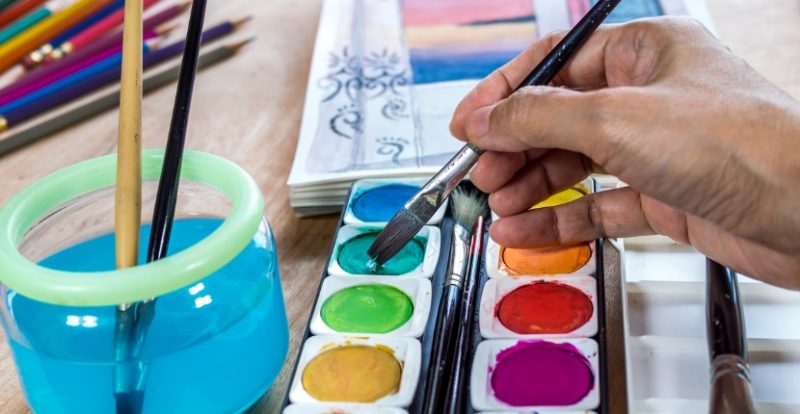Dan Robbins, the man who invented paint-by-number kits in the 1950s, passed away April 1, 2019, in Sylvania, Ohio. He was 93. The cause was complications from pneumonia, said his son, Larry Robbins.
Robbins was working as a package designer for the Palmer Paint Company in Detroit, Michigan when he came up with the idea. He worked there as a graphic artist and sold children’s paint that was washable. It was said that he wanted “to make every man a Rembrandt.”
His inspiration for the idea actually came from Leonardo da Vinci, who used a similar method when teaching his apprentices how to paint, he claimed.
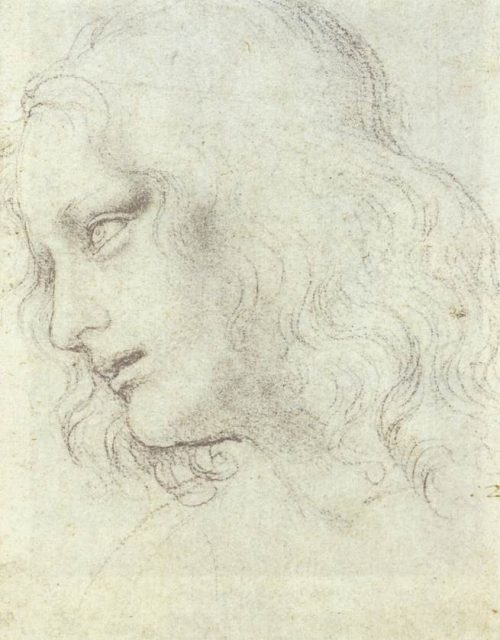
“I remembered hearing that Leonardo used numbered background patterns for his students and apprentices, and I decided to try something like that,” Robbins told an audience at a Chicago gallery in 2004. Check out a video here on an exhibition of Leonardo’s designs:
https://youtu.be/dtCairKbsL8
He put together an abstract still life, a mix of “Picasso, some Bracque and some Robbins.” The company owner told him he hated the painting but liked the idea of using numbers.
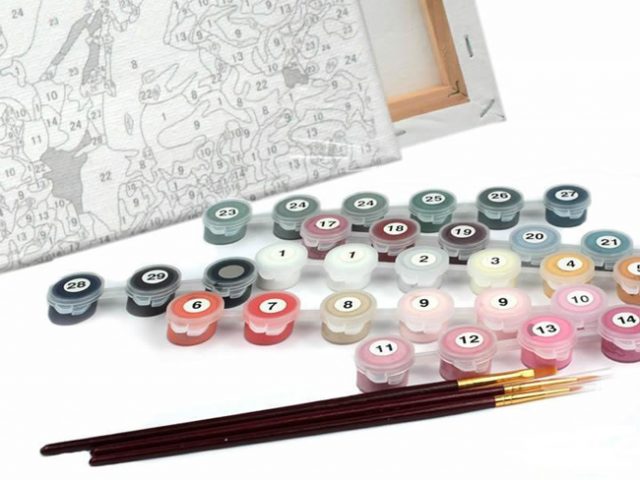
The kits, which contained canvasses with printed numbers corresponding to numbered paints, brushes and a palette, originally cost $2.50. They included landscapes, bullfighters, and kittens. The company’s most popular work was The Last Supper.
Robbins, whose creations adorned millions of American homes in their heyday, was a self-described “right guy at the right time in the right place,” according to The Washington Post.
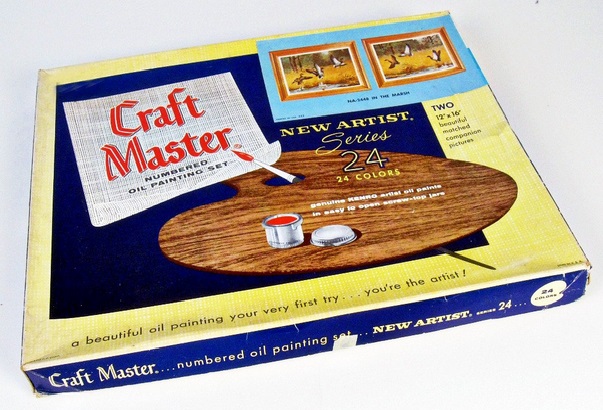
It was the post-war time, when Americans had a lot of time for recreation. Robbins had recently mustered out of the Army Signal Corps and was retraining his artistic abilities from mapmaking to designing children’s coloring books.
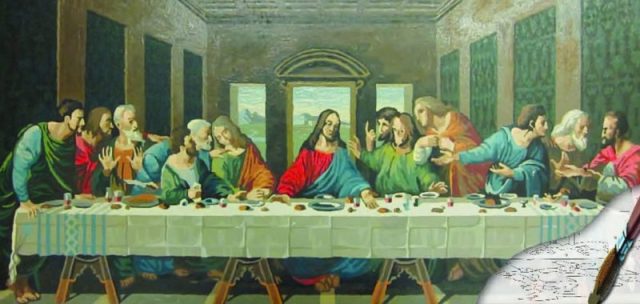
“Dad was a very, very modest person,” Larry Robbins told CNN. “He would never bring up his career. If someone asked him, he’d explain. Dad was into the accomplishment of providing … for people like me who can’t draw a stick man, to be able to paint and the experiencing of creating a nice piece of art work.”
Before computers were involved, the artists creating the pictures had to paint the image and then use a piece of acetate or clear plastic over the original to create the areas for each number, reported CNN. “Beginner kits started with 20 colors and the number of colors increased with the level of difficulty.”
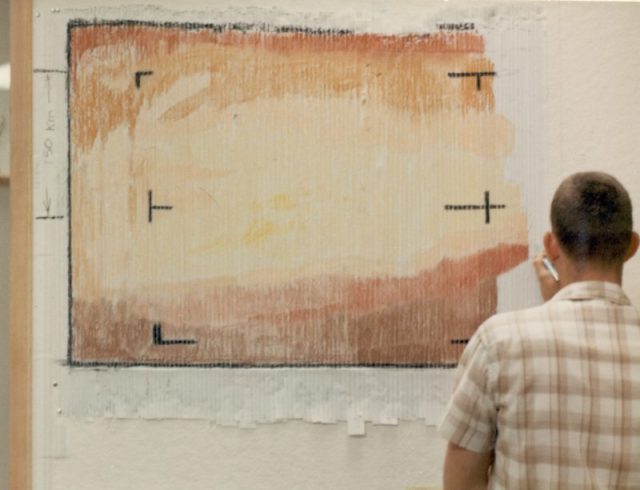
According to the Washington Post, “For cosmopolitan consumers, there was a Parisian scene featuring Notre Dame Cathedral. For those whose tastes ran to the bucolic, there was a New England barn. Religious painters-by-number could choose among renderings of Jesus, the Virgin Mary and biblical scenes.
For the artsy, there were even a few nudes. FBI Director J. Edgar Hoover painted a Swiss village; President Dwight D. Eisenhower, too, joined the craze and displayed paint-by-number masterworks in the White House.”
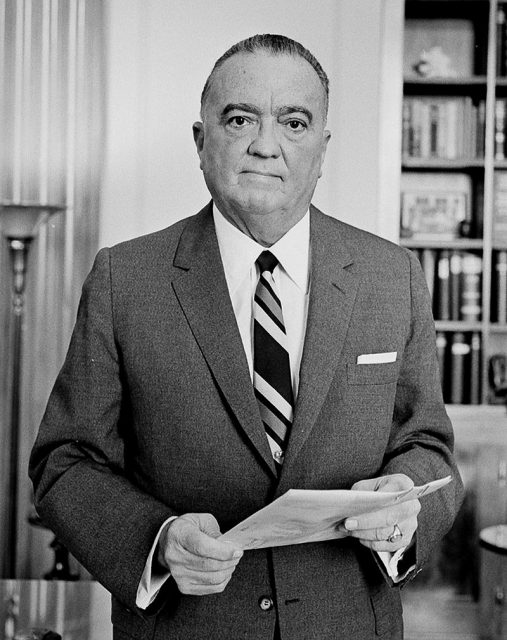
Robbins remained in the Chicago area and did his own consulting work. He did art work, packaging, and new product development until he retired in the 1980s, according to his son.
Read another story from us: How an Ex-Cop Rigged the McDonalds Monopoly Game to Strike it Big
His work is still on display in the Detroit Historical Museum, along with works from the likes of Henry Ford, as well as residing in the memories of a generation of creative fans.
